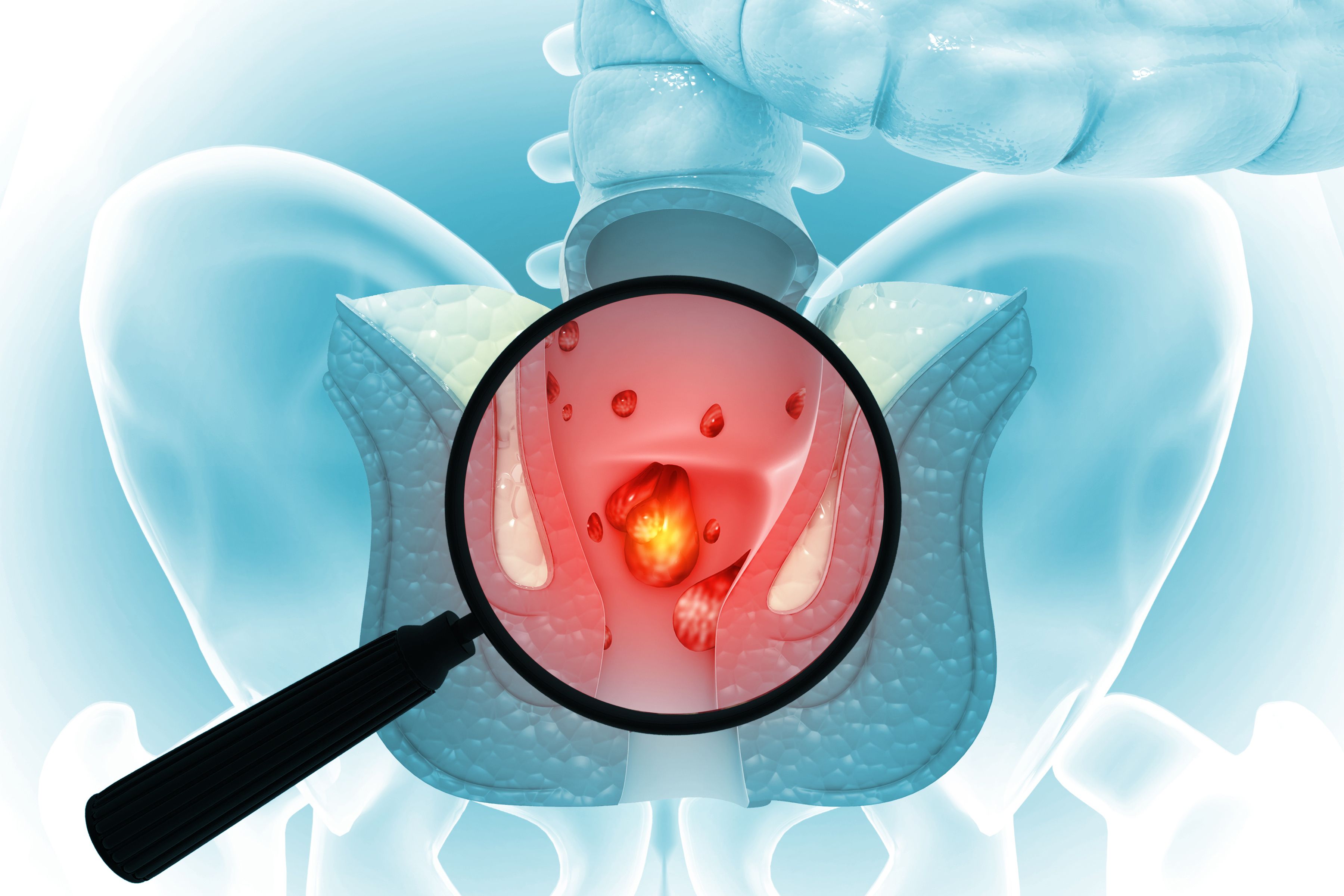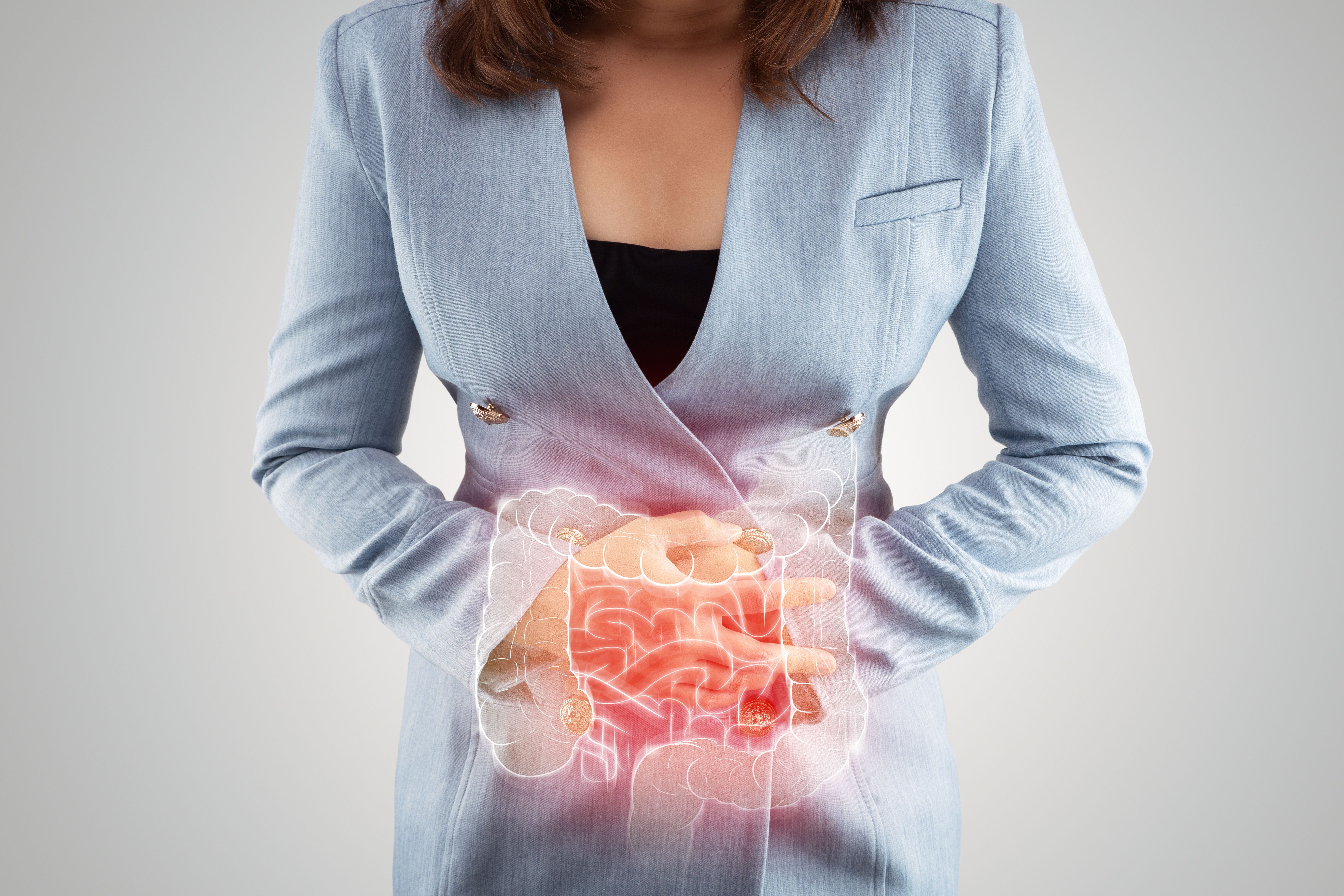Causes of Hemorrhoids
Signs & Symptoms of Hemorrhoids
8/15/2024
Does Stress Worsen Bleeding in the Stool?
Overview
- Stress is considered part of living a modern life and is linked to various health concerns that include gastrointestinal issues.
- Being stressed can trigger inflammation and alter intestinal function, which exacerbates underlying gastrointestinal issues and can cause bloody stool.
- Diosmin + Hesperidin (Daflon® 1000) is effective for promptly treating the symptoms of hemorrhoids and was designed to alleviate discomfort and reduce the pain of hemorrhoids.
Introduction
Stress is considered an inevitable part of our lives. It has been linked to various health concerns that include gastrointestinal issues. Among these concerns is the question: how does stress worsen bleeding in stool?
While the relationship between stress and gastrointestinal health is complex and multifaceted, some studies suggest that stress may play a role in worsening symptoms, such as bleeding in the stool.
Understanding the possible impact of stress is vital for developing effective management strategies, promoting your overall well-being. Let’s go deep into these and find out the right treatment.

Can Stress Cause Blood in Stool?
A 2019 study also explored the link between stress and flare-up symptoms in adults and children with inflammatory bowel disease (IBD), which suggests that stress might induce gut inflammation that results in symptoms like bloody stool. Similarly, a 2016 study investigated the relationship between stress and the risk of peptic ulcer disease, which indicated that stress doubled the risk, leading to blood in the stool.
That’s why when we’re stressed, our body releases hormones that can heighten sensitivity and reactivity in our digestive system. It can also incite inflammation and alter intestinal function, which exacerbates underlying gastrointestinal issues potentially causing blood.
What Causes Bloody Stool?
Bloody stool is a concerning symptom that can indicate health issues caused by various factors. Understanding these is vital for prompt diagnosis and appropriate treatment.

Hemorrhoids
Hemorrhoids are a common and painful condition characterized by swollen blood vessels in the rectum or anus. These blood vessels can become enlarged or inflamed due to different factors like straining during bowel movements, chronic constipation, prolonged sitting or standing, obesity, pregnancy, or aging.
Its most common symptom is bright red blood in the stool or on toilet paper after wiping. This bleeding occurs when the swollen blood vessels in the hemorrhoids rupture during bowel movements.
Treatments for hemorrhoids typically involve conservative measures aimed at relieving symptoms and promoting healing.

Anal Fissures
Anal fissures are small tears or cracks in the lining of the anus near the opening. These can occur for various reasons, such as passing hard or large stools, experiencing chronic constipation, or sustaining trauma to the anal area.
Fortunately, they can be treated to relieve symptoms and promote healing of the affected tissue. This may include conservative measures, such as dietary modifications to soften stools. These help prevent constipation, increase fiber intake, stay hydrated, and use over-the-counter topical treatments to reduce pain and inflammation.

Inflammatory Bowel Disease
This disease encompasses a group of chronic conditions that involve inflammation of the gastrointestinal tract. It has two types: Crohn’s disease and ulcerative colitis, both of which can cause significant discomfort and disruption to daily life.
These conditions are characterized by inflammation and ulceration in different areas of the digestive system, which leads to symptoms including bloody stool.
Managing IBD typically involves a combination of medication, lifestyle modifications, and surgical intervention. The goals of these treatments are to reduce inflammation, control symptoms, and prevent complications. Furthermore, to effectively manage this disease, it is required to undergo ongoing medical care and collaborate with your healthcare provider.

Colorectal Cancer
Despite its less prevalence than some other causes of bloody stool, colorectal cancer is a significant concern due to its potential severity. This type of cancer originates in the colon or rectum and can develop over time from abnormal growths called polyps. These cancerous growths can bleed, leading to the presence of blood in the stool which is often one of the earliest signs of colorectal cancer.
Treatment for colorectal involves a combination of surgery, chemotherapy, radiation therapy, targeted therapy, and immunotherapy depending on the stage and location of the cancer.
That’s why recognizing the symptoms like blood in the stool, as well as undergoing regular screening tests are important steps in early detection and treatment.
Key Takeaway
Does stress worsen bleeding in the stool? This guide just answered comprehensively while identifying its specific cause, which often requires a thorough medical evaluation.
MPFF: Diosmin + Hesperidin (Daflon® 1000) can protect your vascular system, reducing inflammation, and stops the bleeding. This is effective for promptly treating the symptoms of hemorrhoids, which is one of the causes of bloody stools. Buy Diosmin + Hesperidin (Daflon® 1000) now to alleviate discomfort and reduce the pain of hemorrhoids.
REFERENCES
- https://pubmed.ncbi.nlm.nih.gov/8854467/
- https://www.ncbi.nlm.nih.gov/books/NBK470312/
- https://www.ncbi.nlm.nih.gov/books/NBK534792/#:~:text=Peptic%20ulcer%20disease%20is%20characterized,the%20stomach%20and%20proximal%20duodenum.
- https://www.ncbi.nlm.nih.gov/pmc/articles/PMC6821654/
- https://www.ncbi.nlm.nih.gov/pmc/articles/PMC5126869/
- https://www.ncbi.nlm.nih.gov/books/NBK526063/
- https://www.ncbi.nlm.nih.gov/books/NBK470312/
- https://www.ncbi.nlm.nih.gov/books/NBK430761/
2026